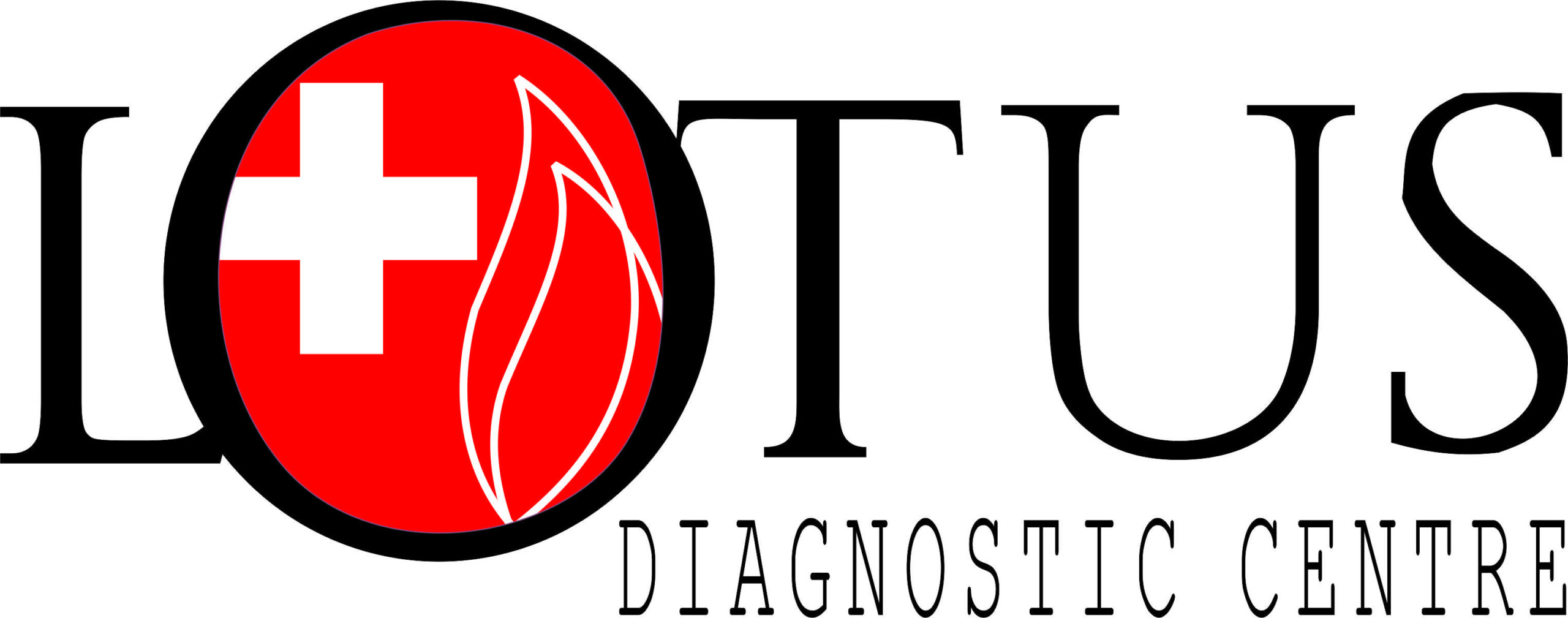
Plastic Surgery
Plastic Surgery at Lotus Diagnostic Centre
Plastic surgery has become increasingly popular over the years, with people turning to cosmetic procedures to improve their appearance or to treat medical conditions. Whether it is for aesthetic reasons or to address medical issues, this branch of surgery has helped countless individuals achieve their desired results.
At Lotus, our expert plastic surgeons have years of experience in the speciality. The clinic is equipped with its own diagnostic centre with state of art equipment. Our services include an in-house diagnostic lab, imaging services including X-rays, ultrasounds and consultations across 20+ specialities. Our patients experience seamless services while seeking consultation, getting tests or scans done and availing their treatment protocols.
Why is Plastic Surgery Required?
Plastic surgery is required for several reasons. One of the main reasons is to enhance the appearance of a person. People may choose to undergo surgery to improve their self-confidence and self-esteem. Certain physical features may cause an individual to feel self-conscious, which can have a significant impact on their overall well-being. Plastic surgery can address these concerns and help individuals feel more confident about their appearance.
Another reason for surgery is to address medical conditions. Certain medical conditions may require surgery to correct or alleviate the symptoms. For example, breast reduction surgery can help women who suffer from back and neck pain due to the weight of their breasts. Additionally, rhinoplasty (nose surgery) can improve breathing difficulties caused by a deviated septum. Plastic surgery can also be used to address birth defects such as cleft lip and palate or to repair skin damaged by burns or injuries.
Common Types of Cosmetic Plastic Surgery
There are several common types of cosmetic surgery, each with its own specific purpose. The following are some of the most popular plastic surgery procedures:
Breast Augmentation: This surgery involves the placement of silicone or saline implants to increase the size and improve the shape of the breasts.
Rhinoplasty: This procedure, also known as a “nose job,” involves reshaping the nose to improve its appearance or to address breathing difficulties.
Liposuction: This surgery involves the removal of excess fat from various areas of the body such as the abdomen, thighs, and hips.
Facelift: This procedure involves the removal of excess skin and tightening of facial muscles to reduce the signs of aging.
Tummy Tuck: This surgery involves the removal of excess skin and fat from the abdominal area, resulting in a flatter, more toned appearance.
Eyelid Surgery: This procedure involves the removal of excess skin and fat from the eyelids, resulting in a more youthful and rested appearance.
Breast Reduction: This surgery involves the removal of excess breast tissue to alleviate back and neck pain and improve overall quality of life.
Common Types of Medical Plastic Surgery
Plastic surgery can be used to treat a variety of medical conditions, including:
Breast Cancer: Women who have undergone a mastectomy (breast removal) due to breast cancer may opt for breast reconstruction surgery to restore their breasts.
Cleft Lip and Palate: Babies born with a cleft lip or palate can undergo surgery to repair the condition and improve their ability to eat, speak, and breathe.
Burns: Plastic surgery can be used to repair skin damaged by burns, including skin grafting and scar revision.
Deviated Septum: Rhinoplasty can be used to correct a deviated septum, which can cause breathing difficulties.
Carpal Tunnel Syndrome: This condition, which causes numbness and tingling in the hands and fingers, can be treated with surgery to release pressure on the affected nerves.
Obesity: Bariatric surgery, which includes procedures such as gastric bypass and sleeve gastrectomy, can help individuals with obesity lose weight and improve their overall health.
Congenital Defects: Plastic surgery can be used to correct a variety of congenital defects, including craniofacial abnormalities, hand and foot deformities, and spinal deformities.
In conclusion, plastic surgery has become an essential field of medicine that has helped many people improve their appearance and address medical conditions. Whether it is for aesthetic or medical reasons, plastic surgery can significantly improve a person’s quality of life by boosting their self-confidence and correcting physical abnormalities. With advances in technology and surgical techniques, plastic surgery procedures are becoming safer, more effective, and more accessible to a wider range of patients. As with any medical procedure, it is important to do thorough research and consult with a qualified plastic surgeon to determine if plastic surgery is the right option for you.
Plastic Surgeons at Lotus

